News 2018 - Gaia
News 2018 |
||
|
29/12/2018 Movement of tiny galaxies surrounding the Milky Way New animation shows the movement of tiny galaxies surrounding the Milky Way as described in a recent story. An interactive version is available here. |
||
|
21/12/2018 The Gaia Mission Holiday song We wish you all "Happy Holidays!" Want to know more on how we created this song? Read through today's story on the creation.
|
||
|
19/12/2018 Reward for Gaia and Anthony Brown Our Gaia DPAC Chair Anthony Brown is recognised by Nature as one of the 10 people who mattered in 2018. This is a special recognition for Anthony, who keeps the Consortium moving forward to get the data from our Gaia mission out to the community. Read the article here |
||
|
19/12/2018 Gaia's 5th launch anniversary Today marks the 5th anniversary of the launch of Gaia into space. Relive this moment by watching the launch event at ESOC from 19 December 2013. |
||
|
17/12/2018 Video release: the universe of Gaia Gaia was launched 19 December 2013 and has been scanning the sky ever since. Our second data release, published this April, provided scientists with an extraordinary data set to investigate the formation and evolution history of our Milky Way. Hundreds of scientific studies were performed since, with new papers coming out almost every day. Video credits: ESA/CNES/Arianespace; ESA/Gaia/DPAC; Gaia Sky / S. Jordan / T. Sagristà; Kppelman, Villalobos and Helmi; Marchetti et al. 2018; NASA/ESA/Hubble; ESO, M. Kornmesser, L. Calçada |
||
|
07/12/2018 Gaia Parameter Database is back up The Gaia Parameter Database is back up and working. |
||
|
06/12/2018 Gaia Parameter Database is down We are aware that the Gaia Parameter Database is down at the moment. We are working to get this up soon. |
||
|
06/12/2018 Password reset required for all Gaia users from 6 December 2018 onwards. From today forward, you will need to reset your password to be able to continue using Gaia services. If you experience problems accessing the Gaia Archive, Gaia Cosmos or Gaia DPAC services, please go to the Gaia Cosmos portal and follow the password reset process. Go to the top right corner and click on the sign in button. Then follow the path "Forgot your password?". You will receive a link at your email connected to your Gaia Cosmos account to reset your password. In case you are experiencing problems, please contact the Gaia Helpdesk. Soon we will send out an extra message about the full procedure to follow. Please be aware that access to SVN is synchronised with a delay of about 15 minutes. After the password reset, allow for some time before accessing SVN. |
||
|
03/12/2018 [Update 11:15 CET] All DPAC services are back to normal now! Some of the DPAC services are down due to an unexpected infrastructure problem. The services affected are: Gaia Jira, Gaia DPAC Wiki, Gaia Helpdesk, Nexus, SVN. Access to Gaia Cosmos and Gaia Archive, as well as access to the document management system Livelink work fine. We will inform you when things are back to normal. |
||
|
28/11/2018 Opening for a Gaia DPAC postdoc position at Leiden Observatory The postdoc position will focus on crowded field (spectro-)photometric data processing for the Gaia mission. Specifically, the work will result in algorithms and code, to be integrated into the DPAC processing pipeline, for the combination of repeated observations of blended sources in order to disentangle the overlapping Blue and Red Photometer prism spectra. The work will be guided by insights gained from a limited set of full frame images of crowded fields obtained with Gaia's Skymapper CCDs through the Service Interface Function (SIF). More information here. |
||
|
27/11/2018 Some DPAC Services will be down Tomorrow, 28 November 2018 between 5pm and 9pm, certain DPAC services will be down to allow for maintenance. The following services will be affected: Gaia Jira, Gaia DPAC Wiki and the Gaia Helpdesk. Other services like Gaia SVN or Gaia Cosmos or Gaia Archive all remain accessible. Our apologies for the inconvenience. |
||
|
21/11/2018 Some hickups at the Gaia Helpdesk The Gaia Helpdesk experienced some hickups in the past few days (since Monday 19/11/2018). This may have led to us not receiving your question. If you sent in a Helpdesk ticket in the past two days, please send in your question again. Especially if you did not receive a confirmation message from our ticketing system. Our apologies for the inconvenience. |
||
|
19/11/2018 Young Graduate Trainee Opportunities Interested in a traineeship at ESA? Read about the Young Graduate Trainee Opportunities here. Applications are now open until 16 December. One of the trainee opportunities is related to Gaia: YGT for Astrophysics. |
||
|
14/11/2018 Gaia mission extension approved Today the ESA Science Programme Committee (SPC) confirmed the Gaia mission extension for mid-2019 to end of 2020 and has given an indicative extension for up to end of 2022. More information can be found here. |
||
|
07/11/2018 Vacancy: two Phd positions at Lund Observatory At the Lund observatory, two PhD positions are open in Astronomy and Astrophysics at the Department of Astronomy and Theoretical Physics. One on "Validation and exploitation of Gaia data" and one on "Formation of moon systems". For the position on "validation and exploitation of Gaia data", the student will participate in the Gaia data processing for future data releases, and more specifically be involved in improving the calibration models as well as characterizing the quality of the catalogue. More information on both positions can be found on our vacancies page and also at the webpages of the Lund Observatory: here and here. Deadline for applications is 1 December 2018. |
||
|
15/10/2018 Call for abstracts for the 53rd ESLAB symposium The 53rd ESLAB symposium: the Gaia universe opens its website with a call for abstracts. Please submit your abstracts for this symposium before the deadline of 9 December 2018.
|
||
|
02/10/2018: Gaia spots stars flying between galaxies A team of astronomers using Gaia Data Release 2 looked for high-velocity stars being kicked out of the Milky Way were surprised to find stars instead sprinting inwards – perhaps from another galaxy. Read the story here. |
||
|
19/09/2018 Gaia hints at our Galaxy's turbulent life Research using our Gaia DR2 data has shown our Milky Way galaxy is still enduring the effects of a near collision that set millions of stars moving like ripples on a pond. Read the story here. |
||
|
10/09/2018 Downtime of Livelink (Gaia Content Server) on 11 September On 11 September a downtime is expected to the Gaia content server from 10:00 to 11:30 CEST. |
||
|
07/09/2018 Downtime of some DPAC services on 12 September Maintenance is planned to the software of some of the DPAC services. A downtime is planned on 12 September between 17:00 and 21:00 CEST affecting the Gaia Helpdesk, Gaia Jira and Gaia DPAC wiki. Our apologies for the inconvenience. |
||
|
07/09/2018 Vacancy: ESA Research Fellowships in Space Science ESA has announced an opportunity for post-doctoral research fellowships linked to its science missions, including Gaia. Deadline to submit applications is 1 October 2018. More details can be found on the ESA Faculty Page and on the ESA Careers webpage. |
||
|
03/09/2018 Gaia Data Access - Call for Gaia-DR3 User Scenarios With the recent release of Gaia DR2, the community is now asked to review the current set of Data Access Scenarios, and submit new data access scenarios, which will be considered for future implementation to support the development of the Gaia Archive system in the release of Gaia DR3 and the following Gaia DR4 release. The data release page gives an indication of the range of Gaia data products currently planned for release in the upcoming data releases. Your help in describing how you wish to access the Gaia Data through the ESA Gaia archive and/or other access points is very valuable in helping the Gaia project develop and deploy the best possible interfaces and tools to help you, the science community, access and work with the Gaia data. This call is open until December 2018. Please see the GREAT wiki page for details as to how to add new scenarios. |
||
|
03/09/2018 Survey on the use of Data-Link for Light Curve Access A novel interface for distributing light curves has been introduced in Gaia Data Release 2. The infrastructure used is based on a combination of the DataLink Virtual Observatory protocol and an ad-hoc web service - see this tutorial page for further details. We have created a survey in order to collect user experience on this interface, and gather requirements for its evolution toward the Data Release 3 and beyond. The survey can be accessed through this link. Feedback on the use of Data-Link is valuable in planning and preparing for publication of larger numbers of light curves in future Gaia data releases. |
||
|
27/08/2018 Gaia DR2 Known Issues A new page dedicated to discuss some known issues with the Gaia DR2 data is available here. These cover issues that are important for the users to be aware of but that were only discovered after the release of the data and the documentation. Keep an eye out for the page as newly found issues will be published there when needed. |
||
|
24/08/2018 Gaia Data Release scenario The schedule leading to Gaia DR3 remains uncertain given that many new elements in the processing chain will be operational for the first time. A better knowledge of the schedule will be available in the course of 2019, but it is clear that a release by the end of 2020 will be challenging and a delay to the first half of 2021 seems likely. In order to inform the community of this uncertainty, the Gaia Data Release Scenario page has been updated accordingly. |
||
|
20/08/2018 - 31/08/2018 Gaia at the IAU in Vienna Meet and greet our ESA Gaia or Gaia DPAC colleagues at the ESA stand at the IAU in Vienna. Gaia VR demonstrations are given throughout the first and second week. Check the signs at the ESA stand for the exact schedule of events.
|
||
|
22/08/2018 Infant exoplanet weighed by Hipparcos and Gaia An article published in Nature Astronomy discusses the use of Gaia Data Release 2 in combination with Hipparcos data to estimate the mass of the young exoplanet Beta Pictoris b through the astrometric motion of its host star. Read more here. |
||
|
21/08/2018 Jean Kovalevsky passed away We are sad to hear that Jean Kovalevsky, one of the key persons that made Hipparcos possible and former chair of the Hipparcos FAST consortium, passed away on Friday 17 August. He was a renowned specialist of celestial mechanics, space geodesy and astrometry. An obituary, written by François Mignard, can be found here. |
||
|
17/08/2018 A&A special edition on Gaia Data Release 2 out The A&A special edition on Gaia Data Release 2 is now out and can be found here. Gaia DR2 papers are also summarised on this website with added links to access the papers. |
||
|
06/08/2018 Vacancy: Research position in astronomy at Royal Observatory of Belgium The Royal Observatory of Belgium is looking for a researcher with a PhD in astronomy. The person will work on the Gaia Prodex project. He/She will collaborate on the analysis of data obtained with the Radial Velocity Spectrometer (RVS) on board of the Gaia satellite. These data are processed by Coordination Unit 6 (CU6) of the Gaia Data Processing and Analysis Consortium (DPAC). In preparation of Gaia Data Release 3, an extensive dry-run of all CU6 software will be performed. The task of the person to be hired, is to collaborate to the analysis of the results from this dry-run. More details on this position can be found here. |
||
|
31/07/2018 Downtime of some Gaia and DPAC services expected On 1 August from 17:00 to 22:00 CEST, an update to the network infrastructure will affect a lot of Gaia services like the Gaia Archive, the Gaia DPAC wiki, Gaia Jira, Gaia SVN, Gaia Helpdesk, Gaia Observation Forecast Tool, Gaia Nexus, Gaia SonarQube and some CU1 services. Please prepare accordingly. Gaia Cosmos and Gaia Livelink will remain accessible. On 2 August from 09:00 CEST, more maintenance to the servers hosting the Gaia DPAC services will be performed, leading to downtimes to Gaia SVN, Gaia Nexus, Gaia Observation Forecast Tool, Gaia SonarQube and some CU1 services. |
||
|
27/06/2018 Gaia DR2 Exploration Lab This week is about exploring Gaia science in an interactive way. At the Gaia DR2 Exploration Lab, a group of scientists is brought together and mixed with Gaia experts for some hands-on experience with the new Gaia data. |
||
|
01/06/2018 Conference announcement: ESLAB #53 - The Gaia Universe One year after our second release, Gaia organises a conference at ESTEC (The Netherlands) from 8 to 12 April 2019. By then a wealth of studies will have been completed on a wide variety of topics, joined in their use of Gaia Data Release 2. Mark the date in your calendar. More information on registration will follow after summer. |
||
|
30/05/2018 Downtime of the Gaia Archive Tomorrow between 11:00 and 11:30 the Gaia Archive will go down shortly to make some updates to the system. |
||
|
28/05/2018 Expected downtime to some DPAC services On 1 June between 09:00 and 13:00 CEST, computer maintenance will cause a downtime of certain DPAC services. Please be aware that the following services may not be accessible: LDAP remains up but short interruptions could happen. Those Gaia applications that in the past showed to be sensitive to these LDAP interruptions might experience the same issues. Access to Gaia cosmos, SVN, the Gaia content server (livelink) and the Gaia Archive should be fully functional. The Gaia Helpdesk is still accessible by email. |
||
|
09/05/2018 Gaia Archive is up again This morning we were experiencing some problems with queries to the Gaia Archive. This problem has been solved now and access to Gaia data is fully restored. |
||
|
25/04/2018 Gaia DR2 release day Today we released our our second batch of data. Many thanks to all the work of the people involved in Gaia! Information on the papers describing the data processing and the science potential of Gaia DR2 can be found here. Now there are some in-depth stories on the data release are available, as well as a guide to scientists to help you get up to speed with using Gaia DR2. Many images and stories were released today: Gaia creates richest map of our Galaxy and beyond, Gaia's sky in colour, Gaia's Hertzsprung-Russel diagram, Cosmic scales covered by Gaia's second data release, Large Magellanic Cloud, Small Magellanic Cloud, Gaia's view of more than 14000 asteroids, Gaia's globular clusters and dwarf galaxies, Gaia's globular clusters and dwarf galaxies - with orbits, Gaia's new map of star density, the Galactic sensus takes shape, Rotation of the Large Magellanic Cloud. Many more are expected from the science with Gaia data release 2. Make sure to watch the 360 degrees Gaia first sky map in colour with your smartphone and Google cardboard! |
||
|
20/04/2018 Gaia DR2 media kit available now The media kit for our second Gaia data release is now available. Today also two stories were published on the results from Gaia data release 1. Read about Gaia's surprising discoveries: from the Sun's neighbourhood to the distant universe and Gaia's surprising discoveries: scrutinising the Milky Way. |
||
|
19/04/2018 Updates on Gaia DR2 and call for the media A call for the media went out for the Gaia DR2 press event at ILA in Berlin on 25 April. More information can be found here. The press event will start at 11:00 CEST and will last until about 12:15 CEST. There will be live coverage of the event for which the link is available here. The Gaia Archive will open access to the second data release of Gaia on 25 April at 12:00 CEST. |
||
|
17/04/2018 Short downtime of Gaia decoders Next Monday April 23rd between 16:00 and 17:00 CEST there will be a brief downtime of the "Gaia Decoders" page (accessible only to DPAC members) due to maintenance activities. |
||
|
16/04/2018 New version for the Gaia DR2 draft data model Today a new version of the draft data model for Gaia DR2 was made available. The PDF file is accessible here. |
||
|
14/04/2014 Gaia tops 100 billion star transits Today the Gaia main database indicated that we topped 100 billion star transits through the focal plane. With celebrate this event with a dedicated image of the week. An overview of the total amount of observations taken is available on this page. |
||
|
05/04/2018 Precise object counts for Gaia Data Release 2 Ever wondered how many sources we will release exactly in Gaia DR2? No need to keep guessing, exact object counts were just released here. More information can also be found in the news item by ESA Science & Technology. |
||
|
05/04/2018 Gaia Archive down from 11 April to 25 April In preparation of our second data release, the Gaia Archive will go down for an extended period, starting at 11 April 2018 12:00 CEST and opening again on 25 April with the release of the Gaia DR2 data. While the Gaia Archive web interface will be down, access to Gaia DR1 data is still ensured through the bulk download of the full Gaia DR1 catalogue or the Gaia TGAS catalogue. You can also make use of one of our partner data centres and access Gaia DR1 data through there. While down, the Gaia Archive will show a page with more information on ways to access the data, and updates on the upcoming data release. On 25 April, the page will show you the way to the livestream of the press event and any resources published. This information will also be served from this page. |
||
|
05/04/2018 Gaia session at EWASS Today the symposium "Gaia: The billion-star galaxy census: at the threshold of Gaia data release 2" is held at the European Week of Astronomy and Space Science 2018. Later today, Anthony Brown will give a presentation on the contents of Gaia Data Release 2. |
||
|
03/04/2018 Short Gaia Archive downtime A short downtime of the Gaia Archive is expected tomorrow between 11:00 CEST and 13:00 CEST. More information on how to access data through our partner data centers can be found here. |
||
|
03/04/2018 The cat in Orion... What do you seen when looking at this week's Space Science Image of the Week? A cat, a fox or even a shark?
|
||
|
21/03/2018 Gaia status update Last month, ESA's Gaia satellite experienced a technical anomaly followed by a 'safe mode' event. After thorough examination, the spacecraft was successfully recovered and resumed normal scientific operations, while the mission team keeps investigating the exact cause of the anomaly. More information can be found here. |
||
|
16/03/2018 Latest releases of GOG and GUMS Gaia Object Generator 18 is now available also in HDF5 through this web page. Also a new version of the Gaia Universe Model Snapshot (GUMS-18) is now available from OBSPM. More information on Gaia tools can be found here. |
||
|
16/03/2018 Release of the draft Gaia DR2 data model and passbands To help scientists prepare for our second data release, a draft of the Gaia DR2 data model is provided for download along with some updates on the upcoming release. Available for download as well are our Gaia DR2 passbands. These are featured in our image of the week.
|
||
|
14/03/2018 Opening for a research fellowship in Arcetri If you are interested to support activities for the Gaia mission in Arcetri, have a look at this Research Fellowship position. Deadline for application is 28th of March. Contact person is Elena Pancino. |
||
|
12/03/2018 Registration opened for the Gaia DR2 Exploration Lab Following the Gaia second data release on 25 April 2018, an interactive gathering is planned to allow scientists to come together and explore the Gaia data. This Gaia Data Release 2 Exploration Lab is planned in the last week of June (25 - 29 June), two months after the release, and will take place at the European Space Astronomy Centre near Madrid, Spain. This exploration lab is focusing particularly on getting hands-on experience with the data, forming groups to explore scientific subjects together and brainstorming uses of the data which might lead to drafts of scientific papers. Registration is now open. Deadline for registration is 13 April 2018. |
||
|
26/02/2018 Downtime expected on Wednesday 28 February On Wednesday 28th of February between 09:00 and 13:00 a downtime of several DPAC services has been announced in order to apply some security patches. Among the services that might be affected are the Gaia Cosmos page, Gaia Jira, Gaia Wiki, login access to the Gaia Archive and the Gaia Helpdesk. |
||
|
26/02/2018 Vacancy: Post-doc/engineer position at Paris Observatory The CU9 validation team at Paris Observatory is looking for a post-doc/engineer. The selected candidate will work in Meudon on the data management, scientific analysis and software development for the processing of astronomical data for the validation of the Catalogues. Further information and details about how to apply can be found here. |
||
|
09/02/2018 Opening for a computer scientist or astrophysicist at ZAH in Heidelberg, Germany The Gaia group in Heidelberg seeks a computer scientist or an astrophysicist for a position at the Zentrum für Astronomie der Universität Heidelberg (ZAH), Germany. Gaia is a space observatory of the European Space Agency (ESA) which compiles a 3D space catalogue of more than one billion stars, i.e. roughly 1% of the stars in our Milky Way. The ZAH operates a partner data center hosting the first two Gaia data releases. The successful applicant will maintain and expand the services offered by the Heidelberg Gaia data center; this, in particular, comprises the database service based on the ARI/CDS TAP library implementing the Virtual Observatory Table Access Protocol. Service developments should support the scientific exploitability of the Gaia results. This will in particular include coding in several programming and scripting languages (C, java, python, \dots) as well as the design and extension of database systems. The job will include intensive cooperation with local and international partners. The applicant should have The position is for a fixed term until the end of 2020. Please send your applications to Stefan Jordan, in one pdf file. Please include (links to) samples of code you have written. For further information, send mail to the address above or call +49 (0)6221 54 1842. The application deadline is March 15, 2018. More information on this job position can be found here. |
||
| 25/01/2018 Gaia Data Release 2 Update ESA and the Gaia Data Processing and Analysis Consortium are happy to announce the date and contents of Gaia DR2. In three months time, on 25 April 2018, more than a billion parallaxes, proper motions and photometric fluxes will be made public. Accompanied with millions of radial velocities and astrophysical parameters, hundreds of thousands of variable star light curves and epoch astrometry of more than thirteen thousand asteroids, Gaia DR2 will be a major occasion for astronomers. |
||
- Removed a total of (8) style text-align:center;
- Removed a total of (55) style text-align:justify;
- Removed a total of (5) align=center.
- Removed a total of (1) border attribute.
- Removed a total of (1) cellpadding attribute.
- Removed a total of (1) cellspacing attribute.
- Converted a total of (5) youtube to youtube-nocookie.
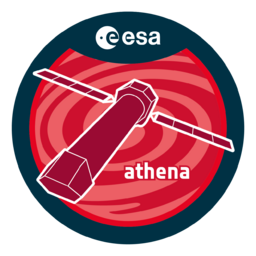
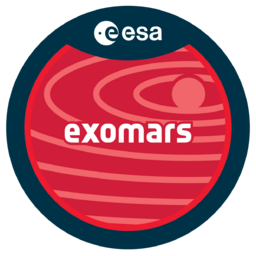
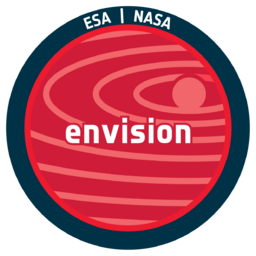
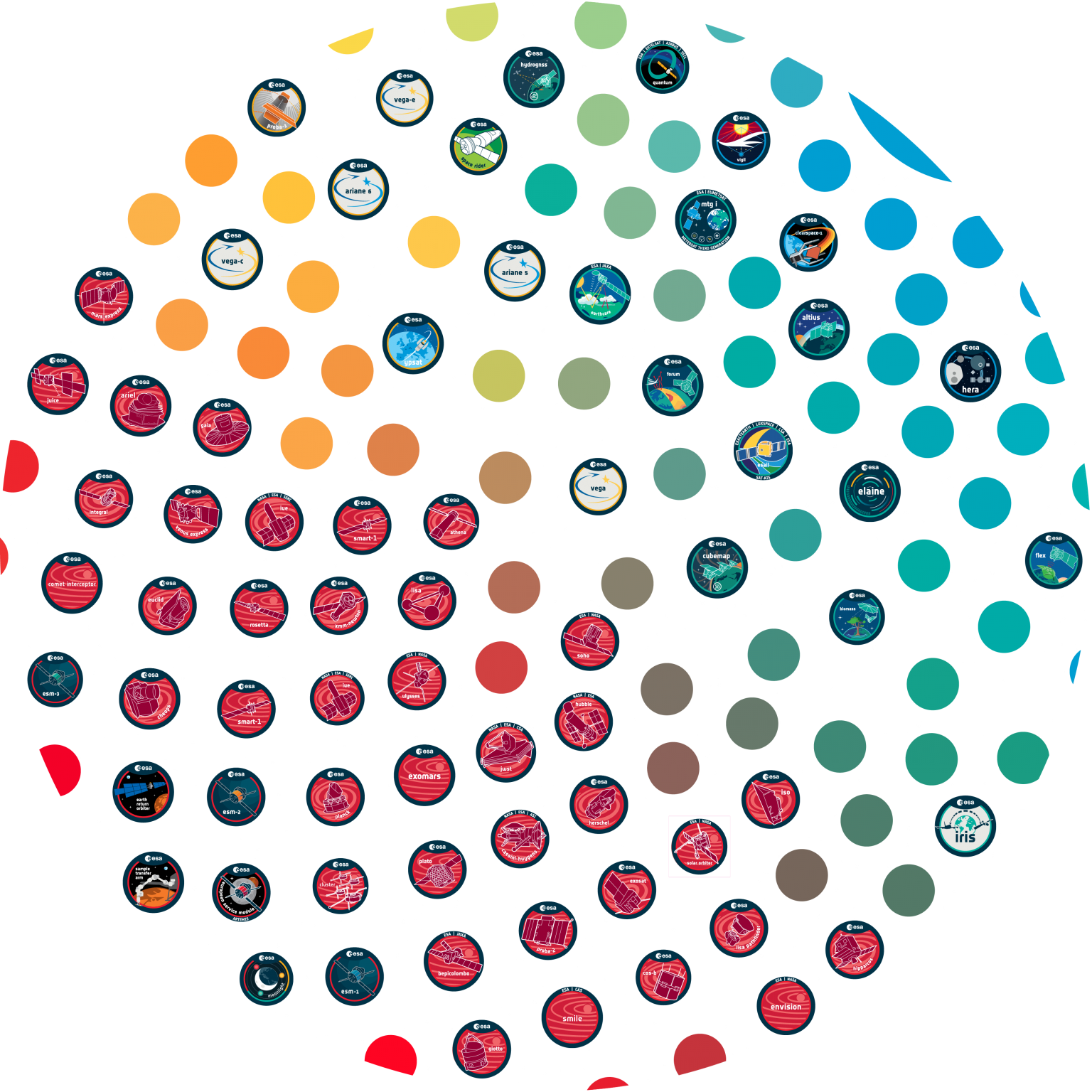
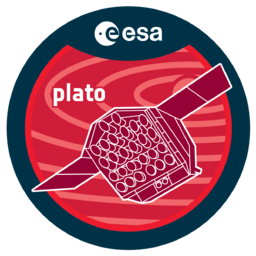
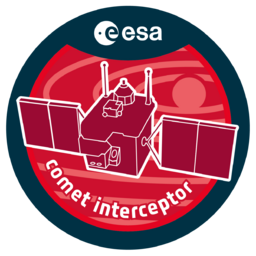

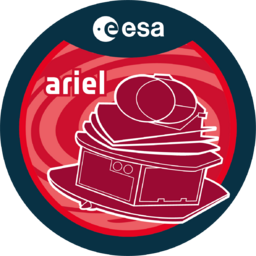
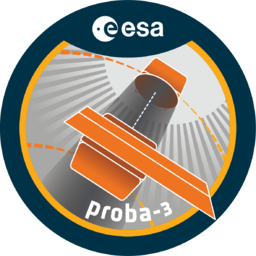
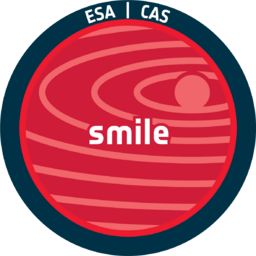
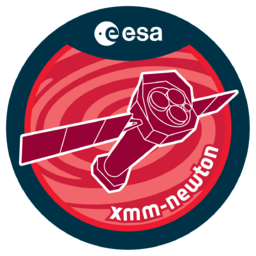
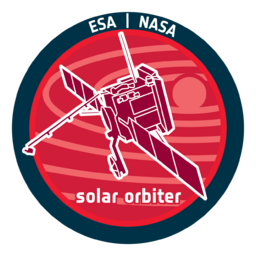
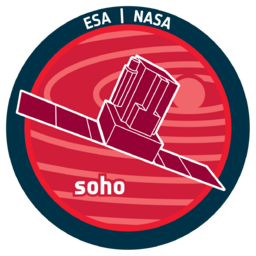
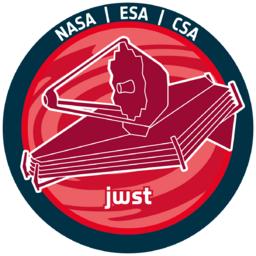
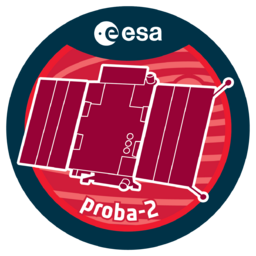
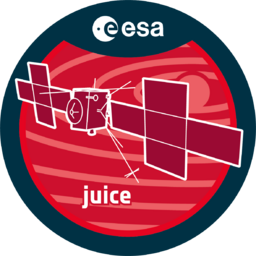
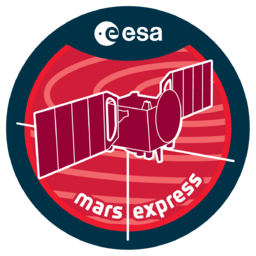
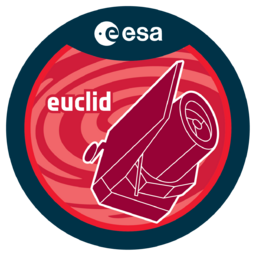
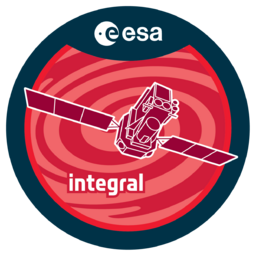
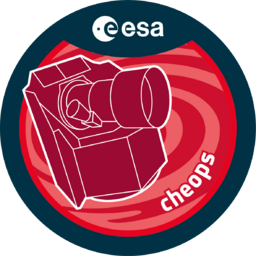
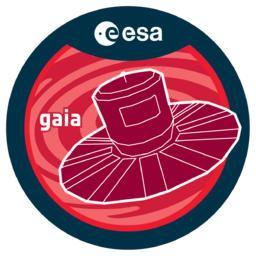
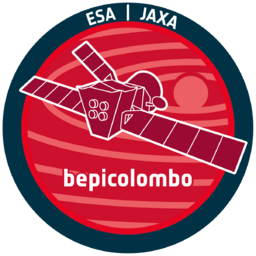
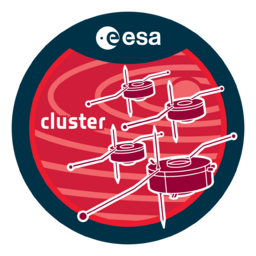
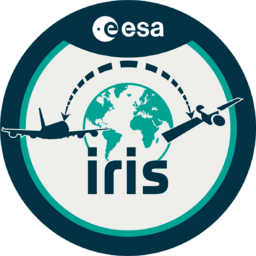
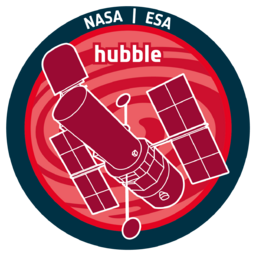
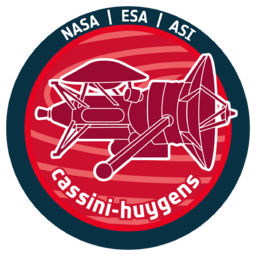
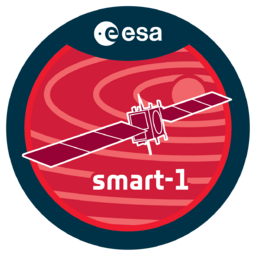
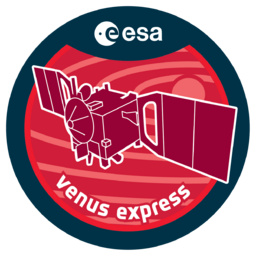
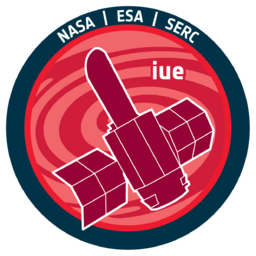
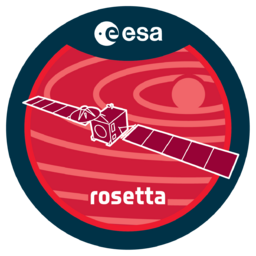
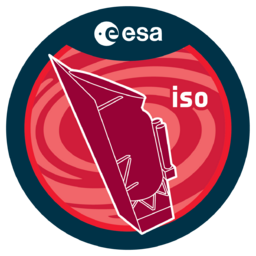

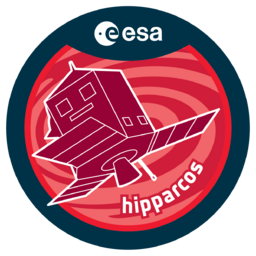
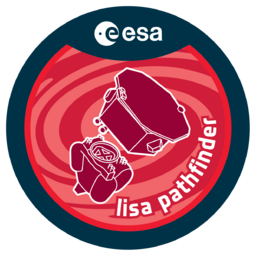
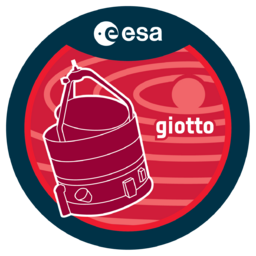
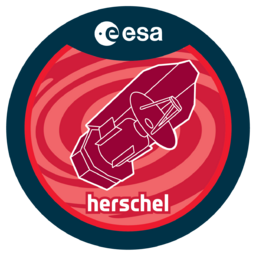
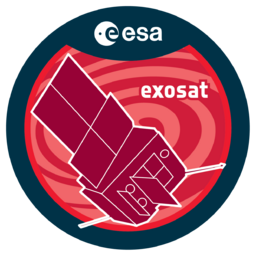
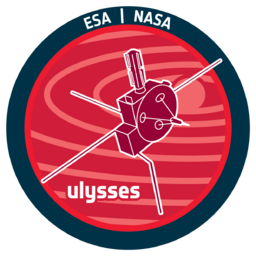
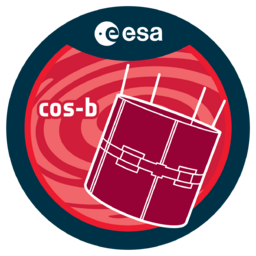

 Sign in
Sign in
 Science & Technology
Science & Technology







